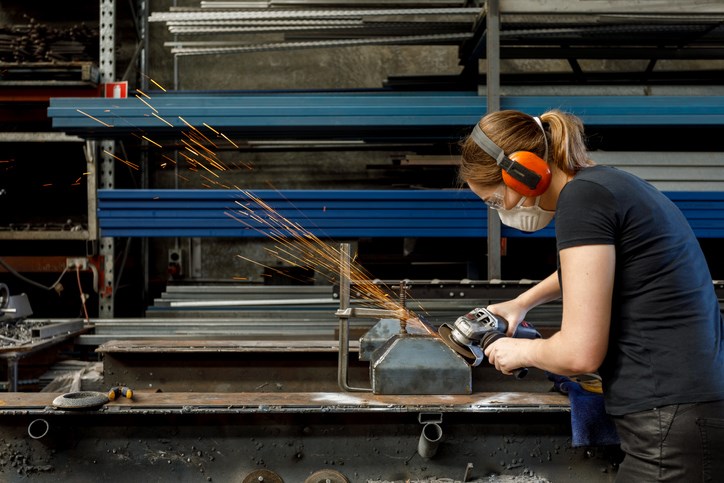B.C. is reimposing mandatory certification requirements in 10 trades with more to come, citing the same rationale the previous B.C. Liberal government used to drop the requirements nine years ago.
How can two different governments look at the same set of problems and respond with diametrically-opposed policies? The simple answer is politics. Different ideologies mean they see completely different answers to the problems.
The harder question to answer is whether the thousands of tradespeople bouncing between two different approaches are coming out ahead, whichever system is in use. Both NDP and B.C. Liberal governments issued fervent claims that the interests of tradespeople were their primary concern.
The latest move on this front came Friday, with the announcement of a new certification system. It will make for “higher paying, more stable work,” address demand for skilled trades and create “good, family-supporting jobs.”
There was a touch of scorn for the B.C. Liberal-created regime currently in place, the only one in Canada that doesn’t require certification.
“Unfortunately, changes made by the Liberals devalued a career in the trades,” Premier John Horgan said.
Without credentials, he said, it is challenging to transition between projects. The thinking is that certified apprenticeships will increase prestige for the trade, formally recognize skills and upgrade standards.
Advanced Education Minister Anne Kang said: “There are thousands of uncertified workers practising in trades with no formal recognition of their skills or knowledge level.”
So 10 trades in the mechanical, electrical and automotive sectors will be the first to be subjected to the new requirements, with more to be added later.
Any individual will be required to be a certified journeyperson or registered apprentice in order to work.
Mandatory apprentice ratios will be introduced. Help was promised in supporting workers who have to meet the new requirements and there will be consultation on the new system. Workers will have one year to qualify.
“It will bring us back to where we were in 2003 and take us in the future,” said Horgan.
The B.C. Liberals cited much the same goals in 2003 when it stripped down the previous NDP government’s system and adopted what is in place today.
Then-minister Shirley Bond said: “Our current system is not producing enough skilled workers. It has failed to attract enough young people and half of those starting apprenticeships have failed to complete.”
So she did away with 11 compulsory trade credentials and “rigid regulations” and moved to a new “competency-based model.” Basic requirements and national standards were to be maintained.
The Liberals said there were widespread problems with training. Course credits were inconsistent, programs differed across B.C. Training methods were inflexible and learners had to start over when changing trades.
The NDP on Friday said all those problems will be addressed with support programs for workers and employers, and the creation of multiple pathways to completion, “so no one is left behind.”
The Independent Contractors and Businesses Association, long-aligned against the NDP, predicted a host of problems with the changes.
It said it is the largest construction association in B.C. but was left out of the two years of consultation that went into the announcement. The ICBA said new barriers to entry when labour demand is so high don’t make sense.
The changes could make construction more expensive at a time when housing prices are an overriding concern.
The organization said what is needed is more training spaces, particularly outside the Lower Mainland, reduced waiting lists and more flexibility in apprentice training.
B.C. Building Trades and the B.C. Federation of Labour supported the change.
Whatever governments do, the looming labour shortage that experts have been anticipating for years will be the major factor in determining success or failure.
The previous government cited that shortage as a factor back in 2003, the start of a construction boom that ran for years. The labour shortage has been continually cited ever since as an important issue in planning.
The government expects B.C. will need 73,000 new tradespeople in the next few years.
Emerging from the pandemic will intensify the struggle to find skilled workers, Horgan said.
Mandatory certification is considered an upgrade, but if it gets in the way of finding workers, it will create more problems than it solves.


